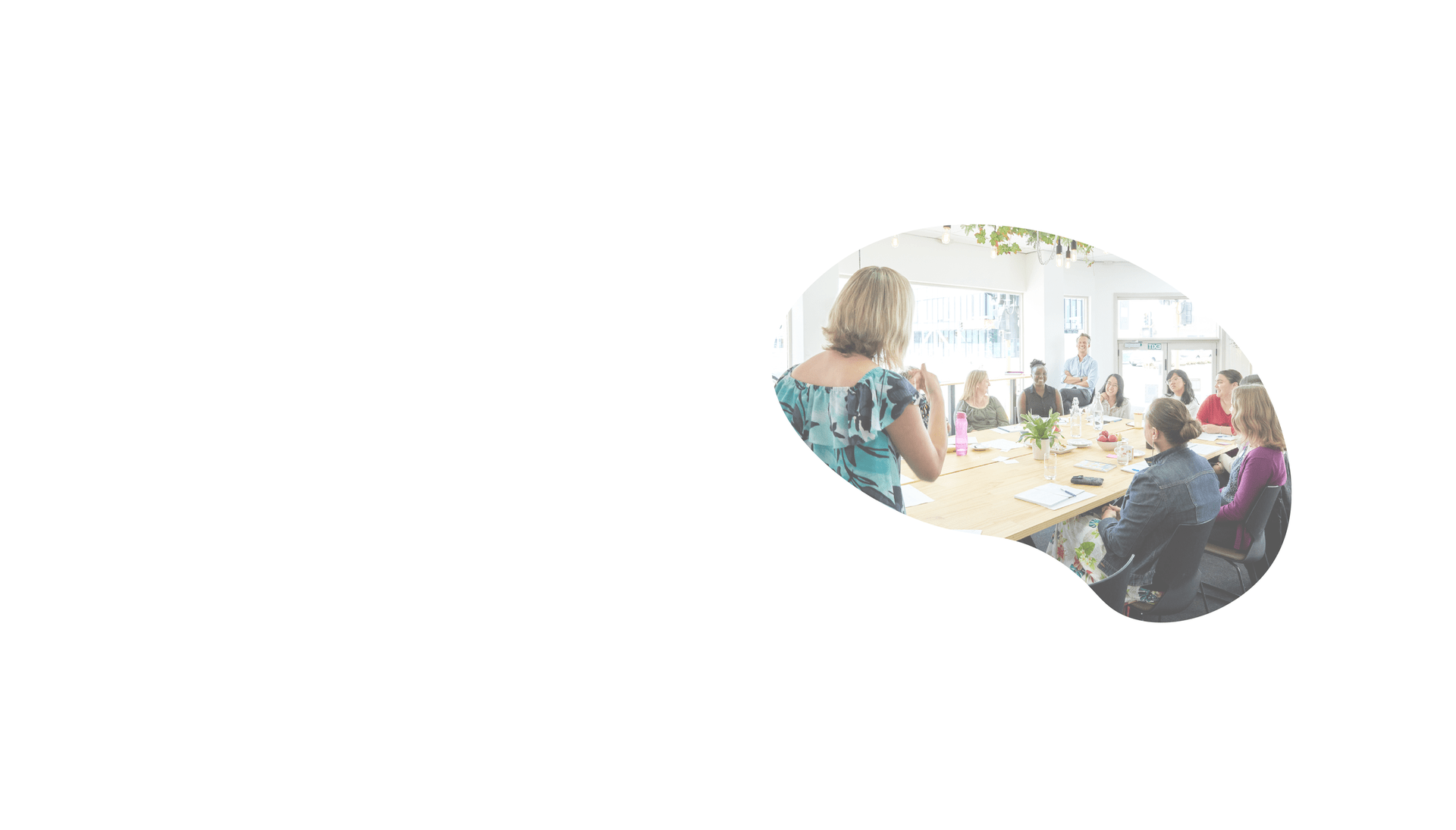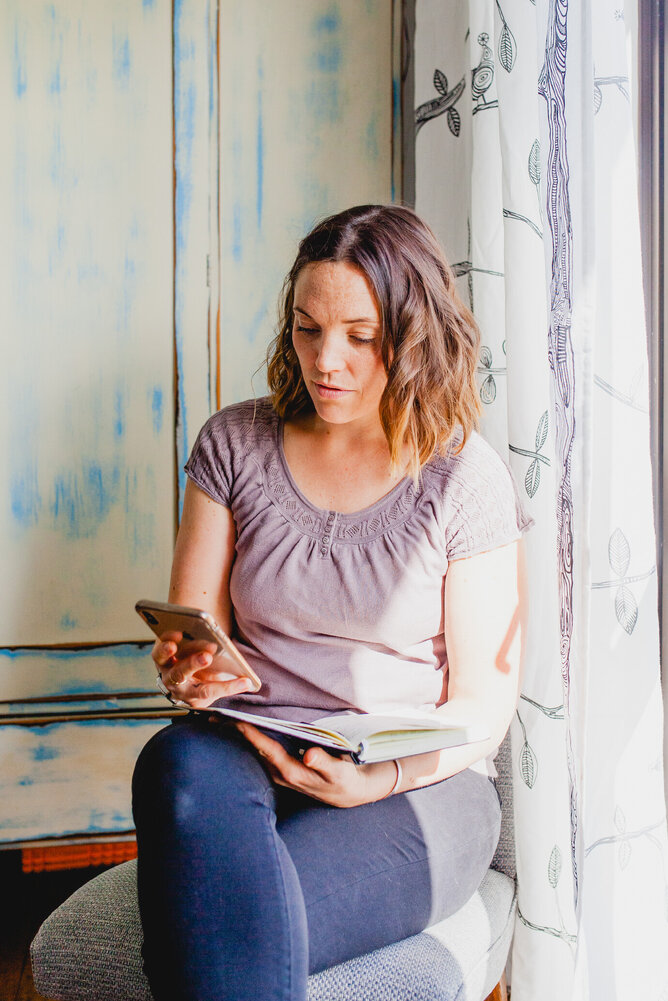Productivity. It’s such a buzzword at the moment, and we all want more of it, right? Here at Impact Hub, although we are advocates for balance and not always going with the rat-race mentality of overachieving, we also know that some days (weeks), we just need to get sh*t DONE!
Our Director of Community Emma Sinclair is a productivity-nerd, and has tried and tested many methods to achieve optimal productivity for herself and the teams she has led. Here’s what she has to say about it.
Rest is productive
Sounds counterintuitive, I know - and I must admit that the first time someone mentioned this to me, I scowled. But now, I live by this. I know, from my own personal experience, and the experience of people I have coached, that this works. Taking a break (stopping for lunch, taking a 10 min walk around the block at morning tea time, having a day off, taking the weekend to relax, going on holiday - you name it) is often the best method for achieving more over a long period of time. This is reason number 1 that I will literally never stop advocating for a 30 hour work week!
Don’t multitask
Another seemingly odd piece of advice … but truly, the human brain is only wired to be able to cope with one task at a time. Multitasking is thus a massive myth. By trying to do too many things at once, we are forcing our brains to switch tracks constantly, which can be mentally draining and counterproductive in the long run.
Micromanage
“Micromanagement” has a bit of a bad rap. But, I’m not talking about micromanaging in the traditional sense, where employees and team members are observed a little too closely. Instead, I’m talking about utilising small pockets of time to clear a thing or two off the task list, e.g. a quick email when waiting for the bus, clearing a quick task in the five minutes before a meeting. By doing this, you get a sense of achievement and a dopamine hit, which can fuel further productivity. For example, this blog post was largely written on the bus (on the way to school pick up) - something which is generally quite dead time. Note: this is not to be confused with being constantly available and/or mindlessly being on work devices outside of work hours!
Systemise or streamline repeated tasks
Chances are, throughout your working week, you repeat the same tasks again and again, to some extent. By identifying inefficiencies within those tasks, and investing time into eliminating them, you can streamline components of your work. This can make things more efficient, as well as accurate - double win! Plus, for geeks like me, the process of setting this up is super fun!
Plan ahead
I genuinely believe that a great deal of success and productivity can come from being organised and structured. Personally, I take a moment at the end of each working day to look over and plan the next day, and I also spend some time at the end of the working week to review what the following week holds, so that I can move stuff around, ensure that I have time for the things I need to work on, and identify any prep work that is needed. By employing a method like this, we are able to avoid decision fatigue, and we can save our mental energy for bigger and better things(this is also a reason I am a huge advocate for meal plans…)
Prioritise
It’s time to bust the myth that we can have several priorities. This isn’t really possible - and as humans we achieve better results when we are allowed to focus on one project at a time. By giving something our main focus, and being realistic about what we can achieve in a set time period, we can achieve much better results. You’re probably familiar with the story for a jar that represents the time available in your life. You fill the jar with rocks, pebbles, and sand. The rocks represent the big stuff you do each day. The pebbles are the medium things, and the sand is the small stuff. If you fill your jar with pebbles and sand before anything else, you’ll run out of space for the big rocks – the things that matter most. But, by starting with the rocks, you’ll still have room for the pebbles and sand; they’ll just take up far less of your precious time.
Sharing is caring
By sharing the load with a co-worker, or outsourcing some jobs to others, I find that I can better play to my own strengths. There are some people out there who adore doing certain tasks that I am not a huge fan of- and the likelihood is that they are better at it than me. By acknowledging that I can’t do everything, being okay with things not being done exactly how I would do them, and getting better at asking for help, I have been able to find a way to play to my strengths, and not get in my own way. Another way to tap into this is to ensure that you have some accountability along the way, in the form of a co-worker or a coach.
Choose your weapon
There are so many tools out there that can help productivity, organisation and communication - so use them! At Impact Hub Waikato, we use Asana for task and project management, Google Calendar for our time management, Slack for communication. I also use harvest for time tracking. This saves us time, energy and money while also eliminating the frustrations and mistakes that often come from poor organisation. I’d love to tell you more about this in another blog post - feel free to drop a comment down below if that is something that interests you.
Images belong to Emma's Farm to Fork. Photographer Lara Connors.





